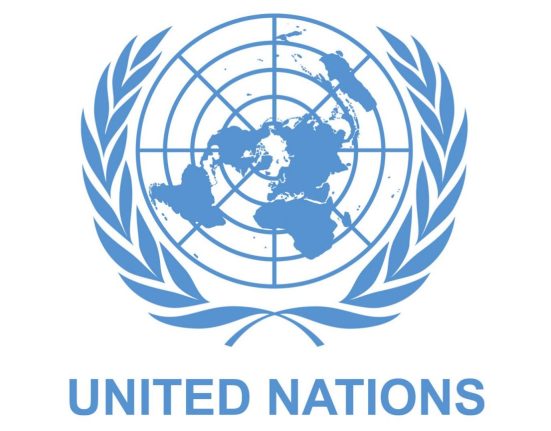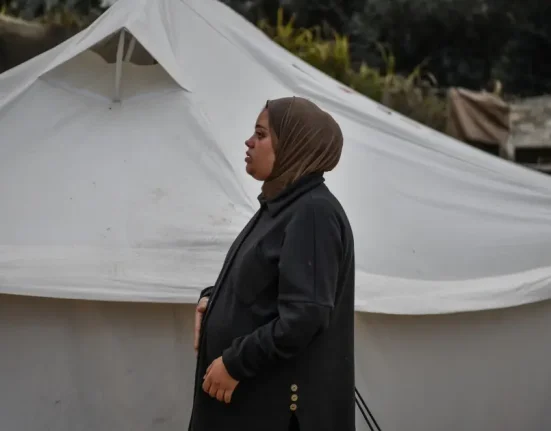The United Nations (UN) has raised concerns over the future of global child survival interventions, warning that funding shortages and inadequate policy support could undermine the progress made in reducing child mortality and stillbirths worldwide.
This warning follows the latest reports from the UN Inter-agency Group for Child Mortality Estimation (UN IGME), which reveal that the number of children dying before their fifth birthday declined to 4.8 million in 2023, while stillbirths remained around 1.9 million.
Despite these improvements, the UN cautioned that without sustained investments, gains recorded over the past two decades could be eroded, leaving millions of children vulnerable to preventable deaths.
Child Mortality Decline at Risk
The report noted that since 2000, global efforts have led to a more than 50% drop in child deaths and a one-third reduction in stillbirths, largely due to increased investments in vaccination, nutrition, and access to clean water and sanitation.
However, it warned that progress has slowed significantly. While 2022 marked a historic milestone, with child deaths falling below 5 million for the first time, the annual rate of decline has slowed by 42% since 2015, while stillbirth reduction has dropped by 53%.
UNICEF, WHO Urge Immediate Action
Reacting to the findings, UNICEF Executive Director, Catherine Russell, stressed that without urgent policy action and financial commitment, hard-earned progress could be reversed.
“Millions of children are alive today because of the global commitment to lifesaving interventions, such as vaccines, nutrition, and access to safe water,” Russell said.
“But without the right policies and adequate funding, we risk losing these gains. Millions more children could die from preventable causes if urgent steps are not taken. We cannot afford to let this happen.”
Similarly, World Health Organisation (WHO) Director-General, Dr. Tedros Ghebreyesus, called for stronger global collaboration to sustain progress and prevent child deaths and stillbirths.
“From tackling malaria to reducing stillbirths and ensuring evidence-based care for premature babies, we have solutions that work,” Ghebreyesus stated.
“But with global funding cuts, we must intensify efforts to safeguard children’s health. Now more than ever, we need stronger partnerships to keep children alive and thriving.”
Funding Cuts Disrupting Child Health Services
The UN warned that shrinking global funding for child survival programmes is already having severe consequences, particularly in low-income nations, humanitarian crisis zones, and debt-ridden countries.
According to the report, budget cuts have led to:
Shortages of healthcare workers,
Closure of essential clinics,
Disruptions in vaccination programmes, and
Lack of critical medical supplies, including malaria treatments.
The UN IGME further cautioned that reduced funding could weaken data collection and monitoring systems, making it harder to identify and reach the most vulnerable children in affected regions.
Call for Renewed Global Commitment
With child survival gains now at risk, global agencies are urging governments, donors, and development partners to increase investments in healthcare, immunisation, and maternal services to prevent millions of unnecessary deaths.
Experts agree that without urgent action, the world could face a major setback in the fight against child mortality and stillbirths, threatening progress towards the Sustainable Development Goals (SDGs) target of ending preventable child deaths by 2030.






